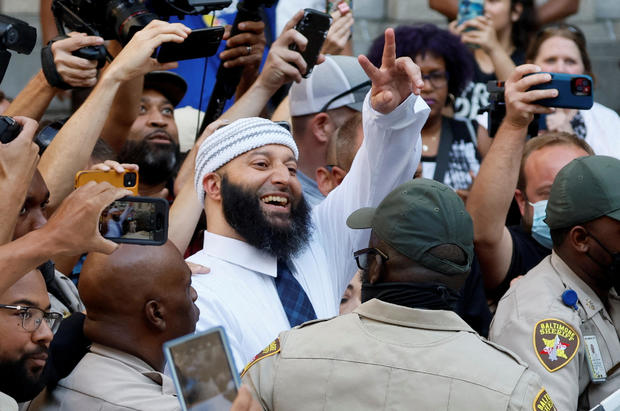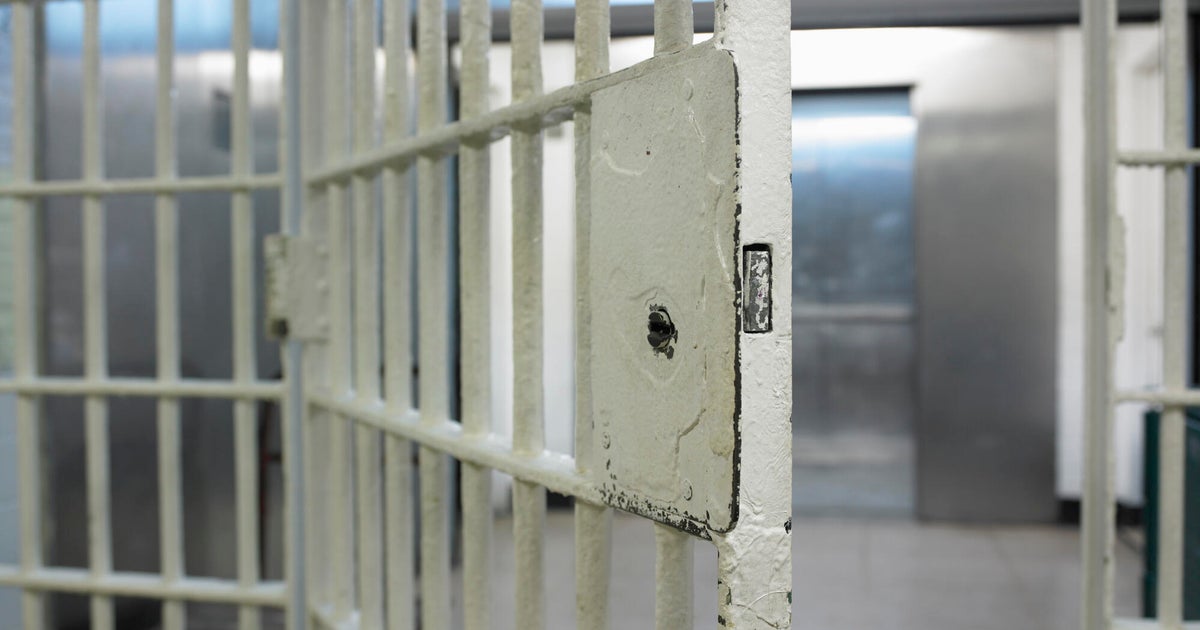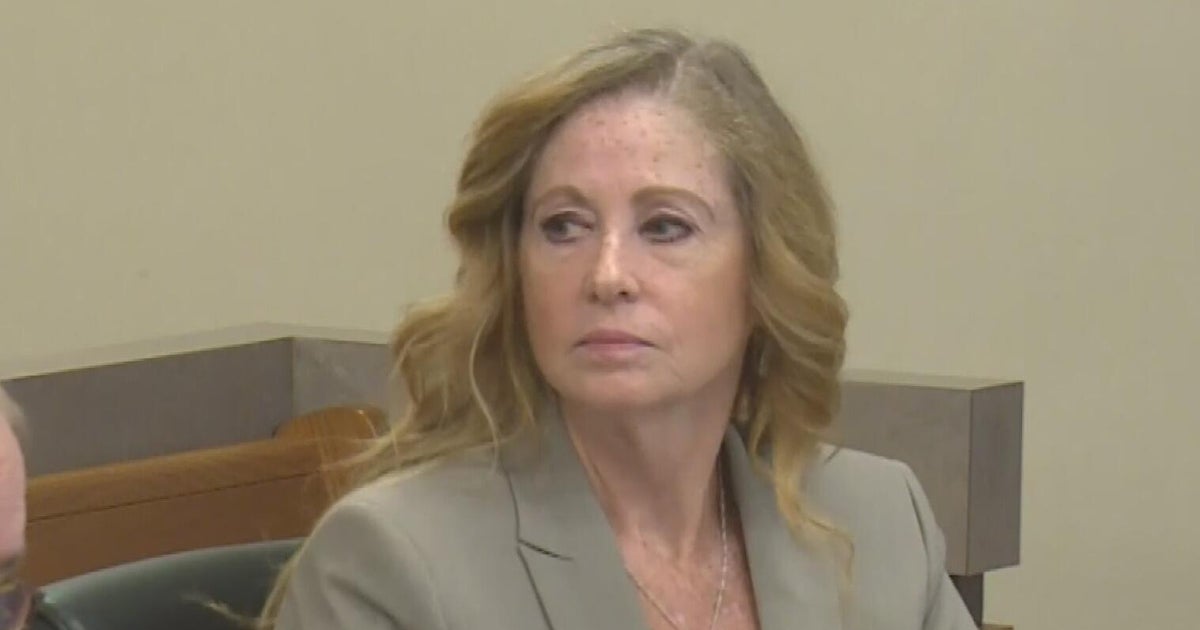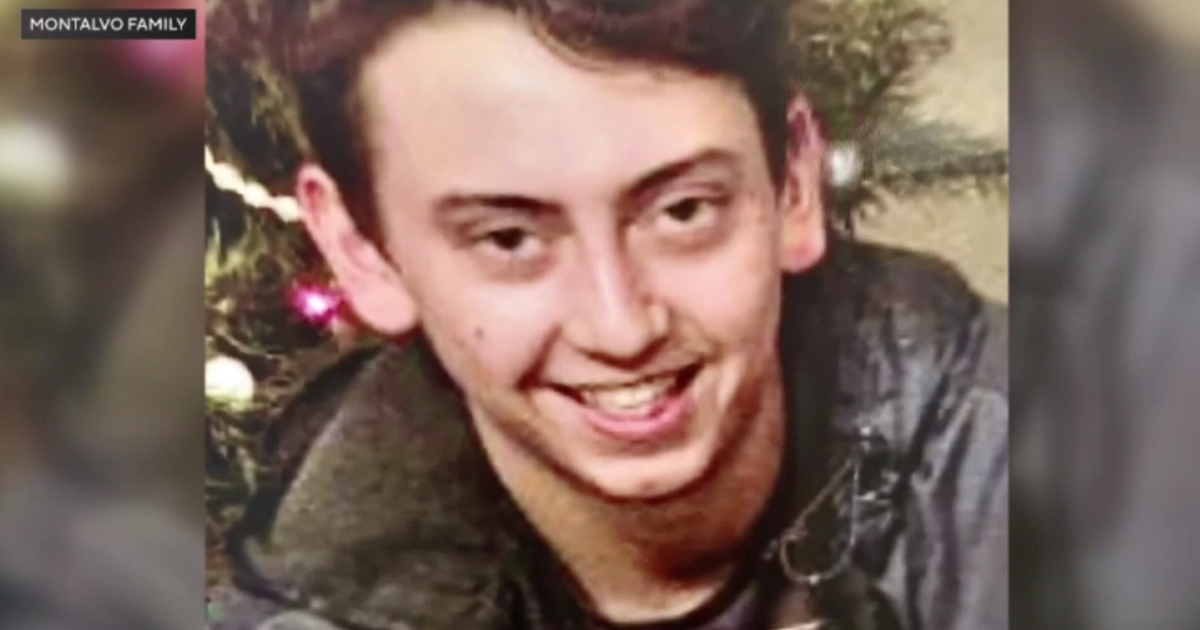"Serial" podcast subject Adnan Syed released from prison after judge vacates murder conviction
A Baltimore judge on Monday vacated the murder conviction of Adnan Syed, the subject of the hit podcast "Serial" who had spent more than 23 years in prison for the death of his ex-girlfriend. Baltimore City Circuit Judge Melissa Phinn ordered Syed be released from prison while prosecutors decide if they want to try him again.
The decision comes after prosecutors filed a motion last Wednesday asking for the conviction to be vacated, claiming there was evidence that two other suspects may have been responsible for the 1999 of killing of 17-year-old Hae Min Lee.
In February 2000, Syed was convicted of first-degree murder, kidnapping, robbery and false imprisonment and was sentenced to life in prison plus 30 years.
Prior to Lee's disappearance on January 13, 1999, she and Syed were students at Woodlawn High School in Baltimore County, Maryland. Lee's body was found buried weeks after she vanished in a park in Baltimore, and an autopsy later determined she had died of manual strangulation.
Immediately after his conviction was overturned, Syed was ordered released under home detention. He was met with cheers as he exited the courtroom and entered a vehicle without making any comment.
Lee's family requested the judge postpone Monday's hearing because prosecutors did not give them adequate notice. Phinn called for a 30-minute recess to allow Lee's brother, Young Lee, to join the hearing remotely.
Lee's brother spoke during the hearing via Zoom, and testified he was "blindsided" by a joint motion to vacate Syed's sentence, CBS Baltimore reported.
"This is not a podcast for me. This is real life — a never-ending nightmare for 20-plus years," Young Lee said, according to CBS Baltimore.
"I've been with this for 20-plus years. Whenever I think it's over, it always comes back," he added.
An attorney for Hae Min Lee's family said that they are desperate to know who really killed Lee but are "disappointed" they were not given reasonable notice about Monday's hearing.
"For more than 20 years, the Baltimore City State's Attorney's office has told the family of Hae Min Lee that their beloved daughter and sister was murdered by Adnan Syed," Lee family attorney Steven J. Kelly said in a statement. "One week ago, for the first time, the family was informed that, through a year-long investigation that is apparently still ongoing, the State had uncovered new facts and would be filing a motion to vacate Mr. Syed's conviction."
"For more than 20 years, no one has wanted to know the truth about who killed Hae Min Lee more than her family," Kelly added. "The Lee family is deeply disappointed that today's hearing happened so quickly and that they were denied the reasonable notice that would have permitted them to have a meaningful voice in the proceedings."
At a press conference on the steps outside the courtroom, Baltimore State's Attorney Marilyn Mosby emphasized that this does not mean Syed has been deemed innocent.
"We're not yet declaring Adnan Syed is innocent, but we are declaring that in the interest of fairness and justice, he is entitled to a new trial," she said.
In a statement last week, Mosby and Sentencing Review Unit Chief Becky Feldman said that the decision to file a motion to vacate the conviction was the result of a nearly year-long investigation that revealed previously undisclosed information about two potential alternate suspects, and highlighted the unreliability of cell phone tower data that had been used in his original trial.
According to a document in the state's original trial file, and cited in the motion to vacate Syed's conviction, one of the potential suspects allegedly said that "he would make her [Ms. Lee] disappear. He would kill her."
A different person "relayed information that can be viewed as a motive for that same suspect to harm the victim," the motion said.
The statement also said Lee's car was located "directly behind the house of one of the suspect's family members."
Neither of the potential suspects were named.
"This information about the threat and motives to harm could have provided a basis for the defense, and was not disclosed to the trial nor the post-conviction defense counsel," the statement said.
The motion also highlighted the unreliability of the cell phone data records that were "critical pieces of evidence" at his original trial. Those cell phone records, according to the motion, had been used to corroborate witness Jay Wilds' testimony that he and Syed buried Lee's body in the park after he told Wilds he had killed her. But the motion cited serious concerns from multiple experts that the data could not be used to conclusively establish that Syed was in a specific location at a specific time, and faulted his defense counsel for not making that point at trial.
In a statement following Syed's release, Maryland Attorney General Brian Frosh said Mosby's claims regarding undisclosed evidence is incorrect.
"Neither State's Attorney Mosby nor anyone from her office bothered to consult with either the Assistant State's Attorney who prosecuted the case or with anyone in my office regarding these alleged violations," Frosh said. "The file in this case was made available on several occasions to the defense."
Monday's victory comes after Syed spent years battling his conviction in the courts. He appealed the decision multiple times, and was successful in convincing a post-conviction court in 2016 that the use of the cell phone records violated his rights and merited a new trial. But the state appealed that decision, and after years of legal battles, an appeals court denied Syed a new trial in 2019. The Supreme Court declined to hear Syed's subsequent appeal.
Victoria Albert contributed reporting.






